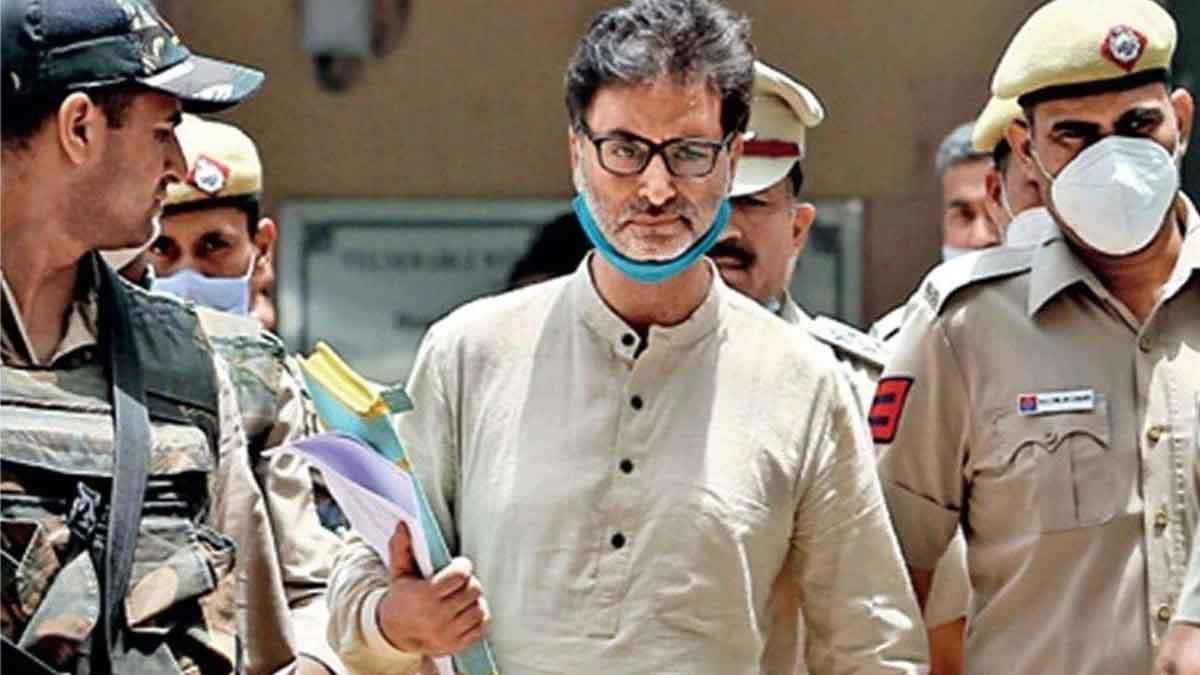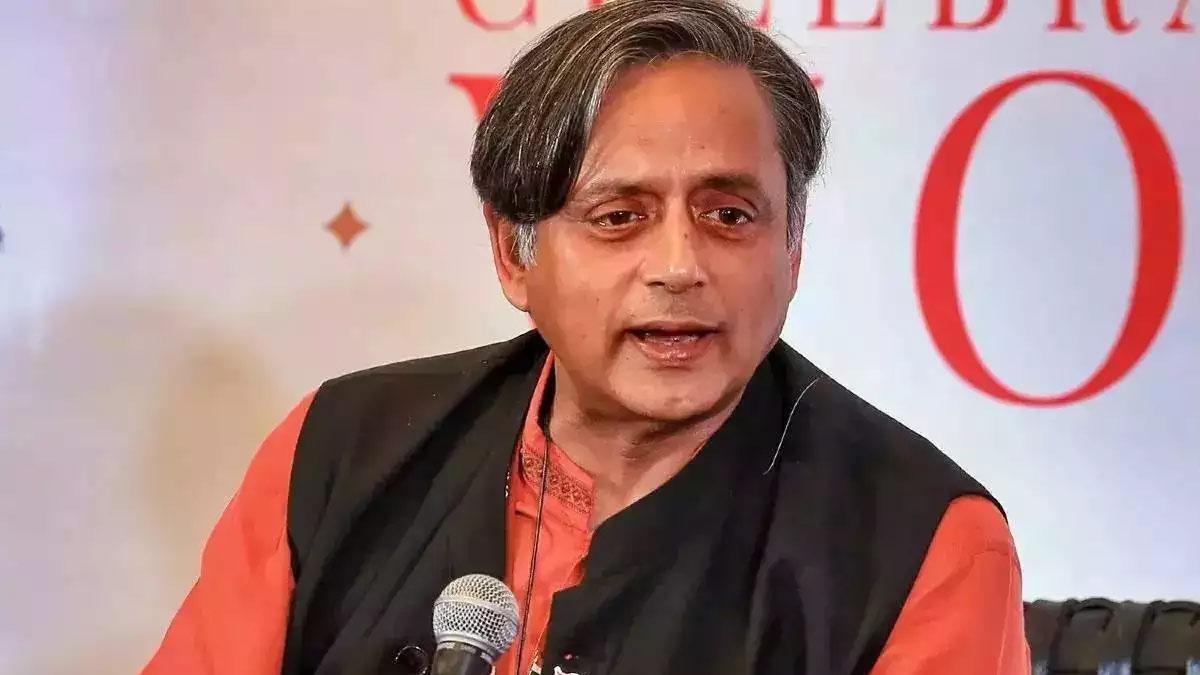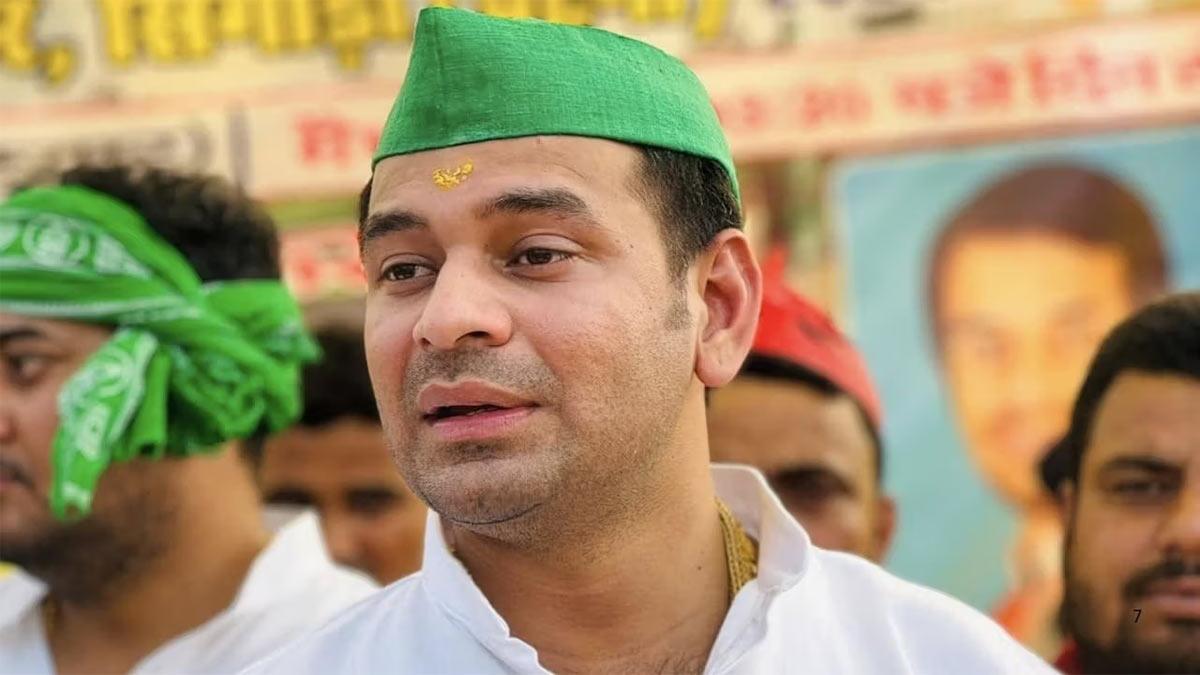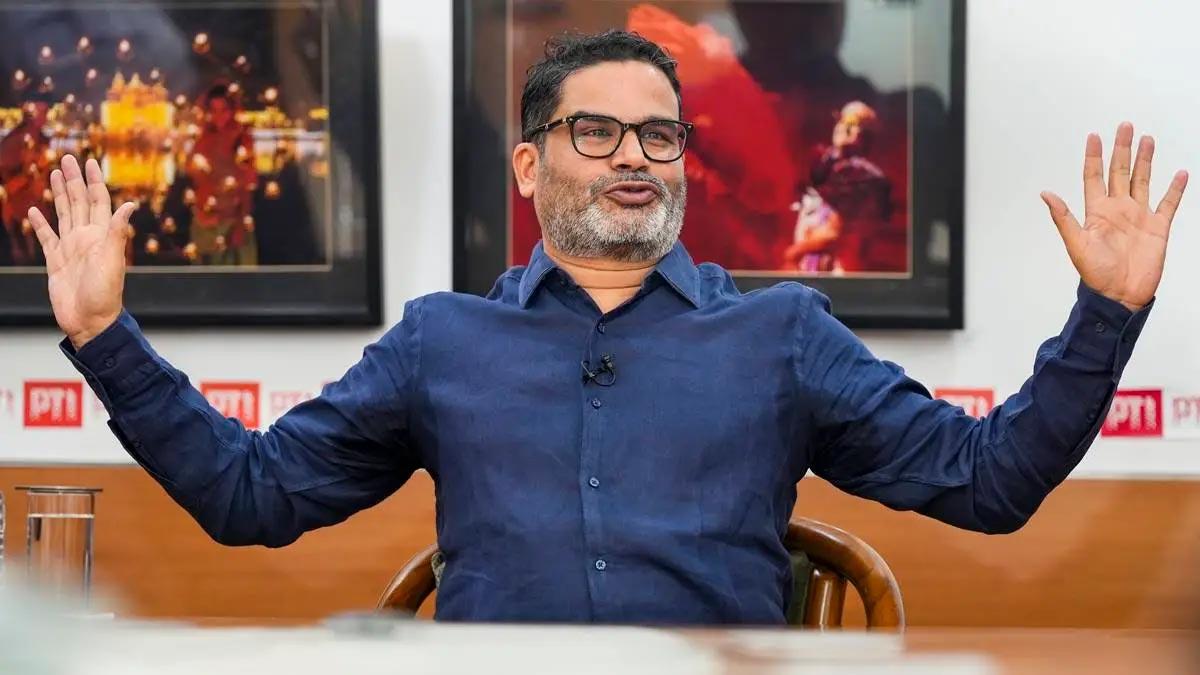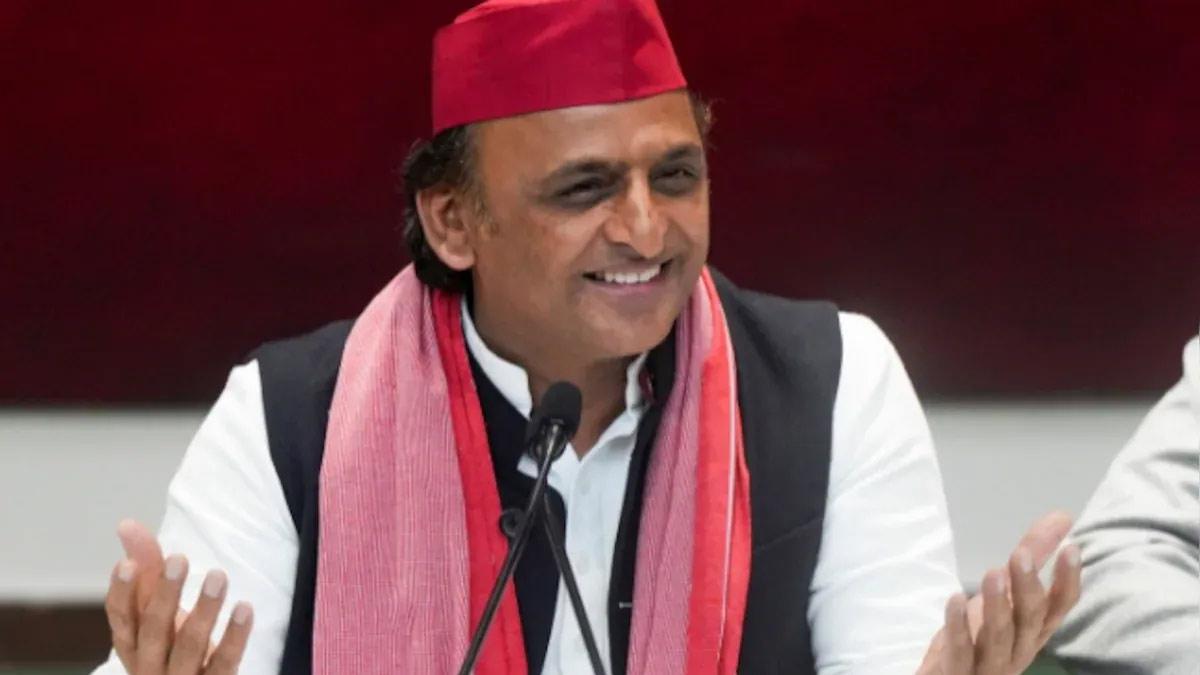Convicted and life-imprisoned separatist leader Yasin Malik informed the Delhi High Court Friday that he will argue personally against the plea by probe agency NIA that demanded the death sentence for him in a terror funding case. Hearing the matter virtually from Tihar Jail, Malik, who is the head of Jammu and Kashmir Liberation Front, rejected the suggestion by the Court to have some legal representation.
The single bench led by Justice Suresh Kumar Kait issued a hearing for September 19 and asked Malik to reconsider stand on legal representation. He was also at liberty to file a written response or a reply.
The bench, also comprising Justice Girish Kathpalia, made it clear that while Malik has the right to appear personally, the presence of a lawyer is important in ensuring justice to the accused. The court even suggested appointing an amicus curiae who would monitor the progress of the case on Malik's behalf while permitting him to argue in person.
Malik objected to the virtual mode of his appearance, pointing out that during the trial, he had been physically present with no issues relating to law and order. He thus said that this decision to have him appear virtually compromised his right to a fair trial and contended that the high court had not considered his position before arriving at this decision.
The Bench clarified that Malik could only challenge the virtual appearance order by way of appeal before the Supreme Court, but he could not write back seeking a physical or virtual hearing in the meantime.".
Malik said he would prefer to come personally but would come virtually if the court permitted. Feeling that proper hearing would not be possible if one party was present only virtually, the bench suggested that either an amicus curiae be appointed or Malik could choose a lawyer of his choice to represent his interest.
Indeed, at one point during the hearing the court also considered having a "special court" convened or some other arrangement made for Malik to appear in person elsewhere.
The high court had taken cognizance of NIA's plea, seeking the death penalty for Malik on May 29 last year, and asked him to appear before it on the next date of hearing. Later, jail authorities moved an application for his virtual appearance, and the court accepted it, as he is a "high-risk prisoner" and there were security apprehensions.
Earlier on May 24, 2022, Malik was awarded life imprisonment by a trial court following his conviction under UAPA and IPC. Malik had pleaded guilty to the charges against him, including those under UAPA, and thus was sentenced to life imprisonment.
The NIA, which appealed against the sentence, argued that a life term was inadequate for a terrorist who had pleaded guilty and saved the country from a trial. It urged a death sentence, arguing that such leniency to guilty pleas would render the sentencing policy ineffective and help terrorists escape death.
The trial court, which had rejected the NIA's demand for capital punishment, accepted that Malik's acts were a threat to the very soul of India, but held that the case did not fall within the ambit of the "rarest of rare" cases for awarding the death penalty.
Read also | Centre Introduces Waqf Amendment Bill in Lok Sabha; Congress Decries It as 'Draconian'
Read also | Government Retracts 2014 Waqf Properties Eviction Bill

